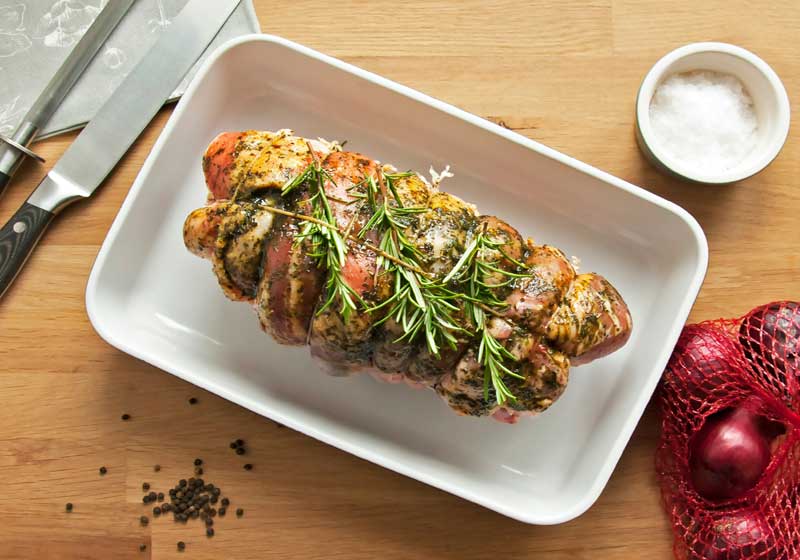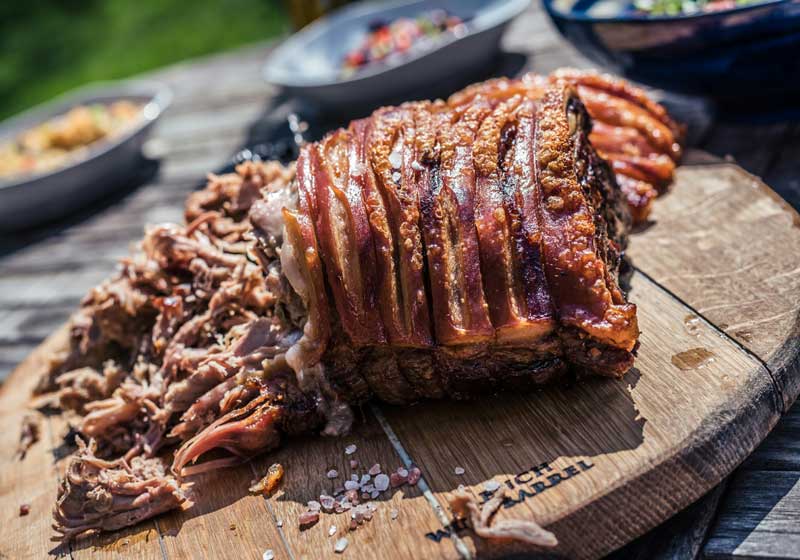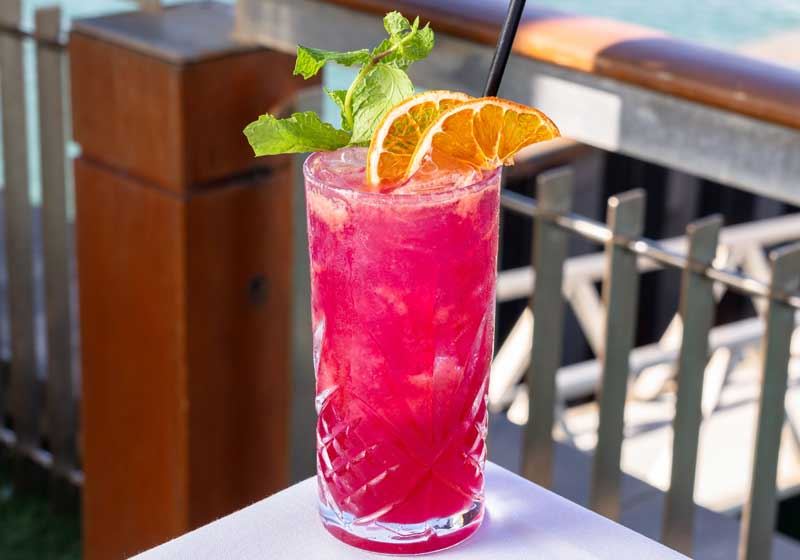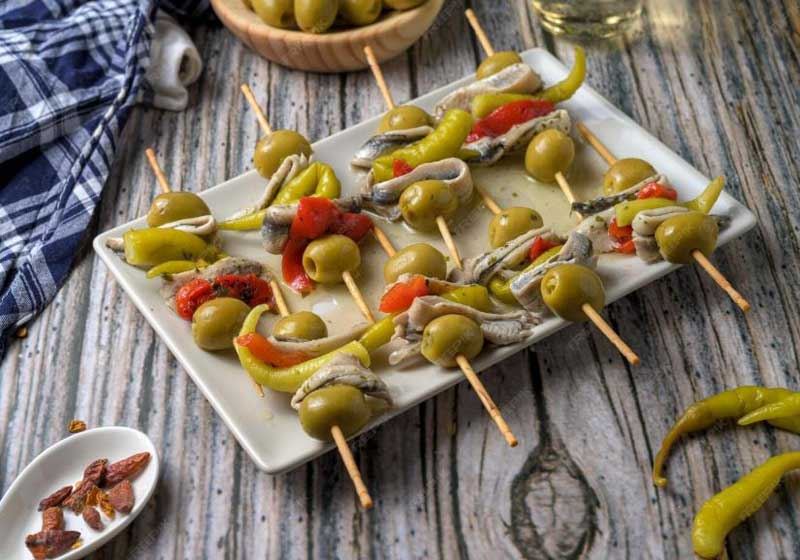By Marie-Antoinette Issa.
In Italy, culinary traditions are deeply intertwined with the country's rich tapestry of culture and history.
Many popular Italian foods for special occasions are associated with specific feasts and seasons, each carrying its own symbolism and significance. Here are some of these beloved dishes and the celebrations they are commonly prepared for:
Christmas Eve (La Vigilia):
Christmas Eve, or La Vigilia, is a special occasion marked by the Feast of the Seven Fishes, a traditional Italian-American celebration. Families gather to enjoy a multi-course seafood feast, symbolising the vigil before the birth of Jesus. The feast typically includes dishes such as baccala (salted cod), fried calamari, prawns, linguine with clams and more.

Similarly, Panettone - a distinct dome-shaped fluffy sweet bread from Milan, made with sugar, butter and candied fruits - is traditionally gifted and eaten during the Christmas and New Year holidays in Italy. It has now become popular in many parts of the world and can be enjoyed year-round.
Carnival (Carnevale):
Carnival, or Carnevale, is a festive season leading up to Lent, marked by indulgence and merriment.
Chiacchiere, also known as crostoli or frappe, are fried pastries dusted with powdered sugar and enjoyed during Carnival celebrations. Castagnole, small dough balls fried until golden and coated in sugar, are another favourite treat.
Easter (Pasqua):
Easter, or Pasqua, is a time of celebration and renewal, with traditional dishes reflecting the themes of rebirth and resurrection. Torta Pasqualina, a savoury Easter pie filled with ricotta, spinach and whole eggs, is a common dish served during this time.

Roast lamb, known as Agnello al Forno, is also popular, symbolising the sacrificial lamb and the resurrection of Jesus. Colomba di Pasqua, a dove-shaped Easter cake filled with candied fruits and almonds, is enjoyed as a symbol of peace and new beginnings.
Weddings (Matrimonio):
Italian weddings are steeped in tradition, with special dishes served to symbolise unity and prosperity for the newlyweds. Wedding Soup, or Minestra Maritata, is a hearty soup made with meatballs, Italian sausage, escarole and pasta, representing the blending of two families; while Risotto al Salto, a crispy pan-fried risotto cake, is also often served as a second course, symbolising good luck and abundance.
Birthdays (Compleanno):

Birthdays are celebrated with joy and delicious food in Italy, with classic Italian desserts often taking centre stage. Tiramisu, a decadent dessert made with layers of coffee-soaked ladyfingers, mascarpone cheese and cocoa powder, is a popular choice for birthday celebrations. Baked pasta dishes like lasagna or baked ziti are also common, served alongside antipasti and a variety of side dishes.
Saint's Feast Days (Festa del Santo):
Saint's feast days are celebrated throughout Italy with special dishes and festivities. On St Joseph's Day (March 19), people eat Zeppole di San Giuseppe are traditional pastries made with choux pastry dough, filled with custard or ricotta cream and topped with a cherry or candied fruit.
Harvest Festivals (Sagra):

Finally, Italy's harvest festivals, or Sagra, celebrate the bounty of the land with traditional dishes highlighting seasonal ingredients. The Sagra di Porchetta celebrates the traditional roasted pork dish porchetta, with festivals held across various regions during the Autumn months.
Similarly, the Sagra del Tartufo celebrates truffle season, with festivals held in regions like Piedmont and Umbria, featuring dishes like tagliolini al tartufo (truffle pasta) and truffle risotto.

Ultimately, while the Italian passion for good food rarely requires a reason for celebration, special occasions offer an opportunity to reflect on the country's rich cultural heritage, with traditional dishes serving as a testament to the importance of family, tradition and celebration in Italian life.
Whether it's soup, seafood feasts or sweets, each dish carries with it a story of tradition and symbolism that adds depth and meaning to the already exquisite Italian culinary experience.






